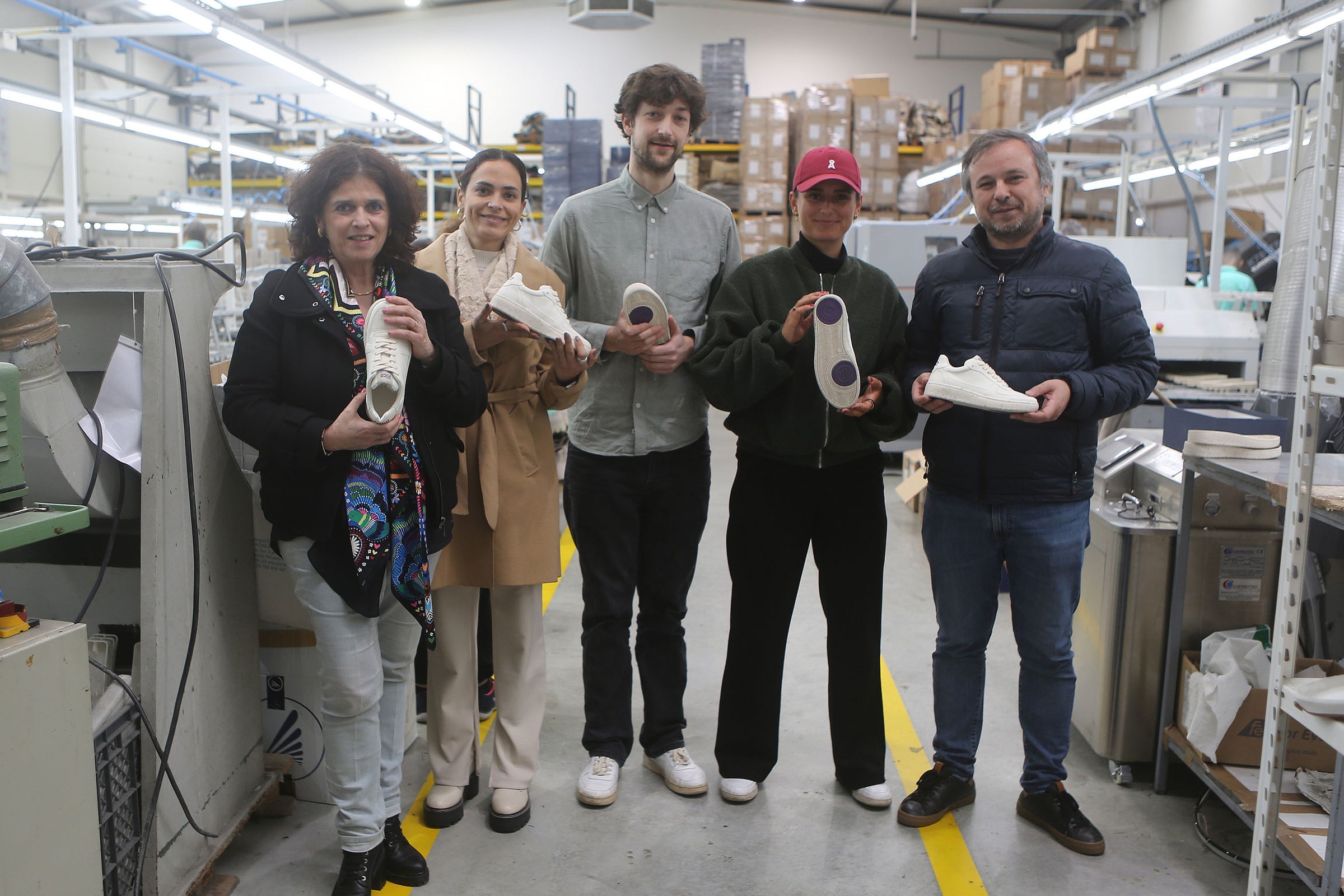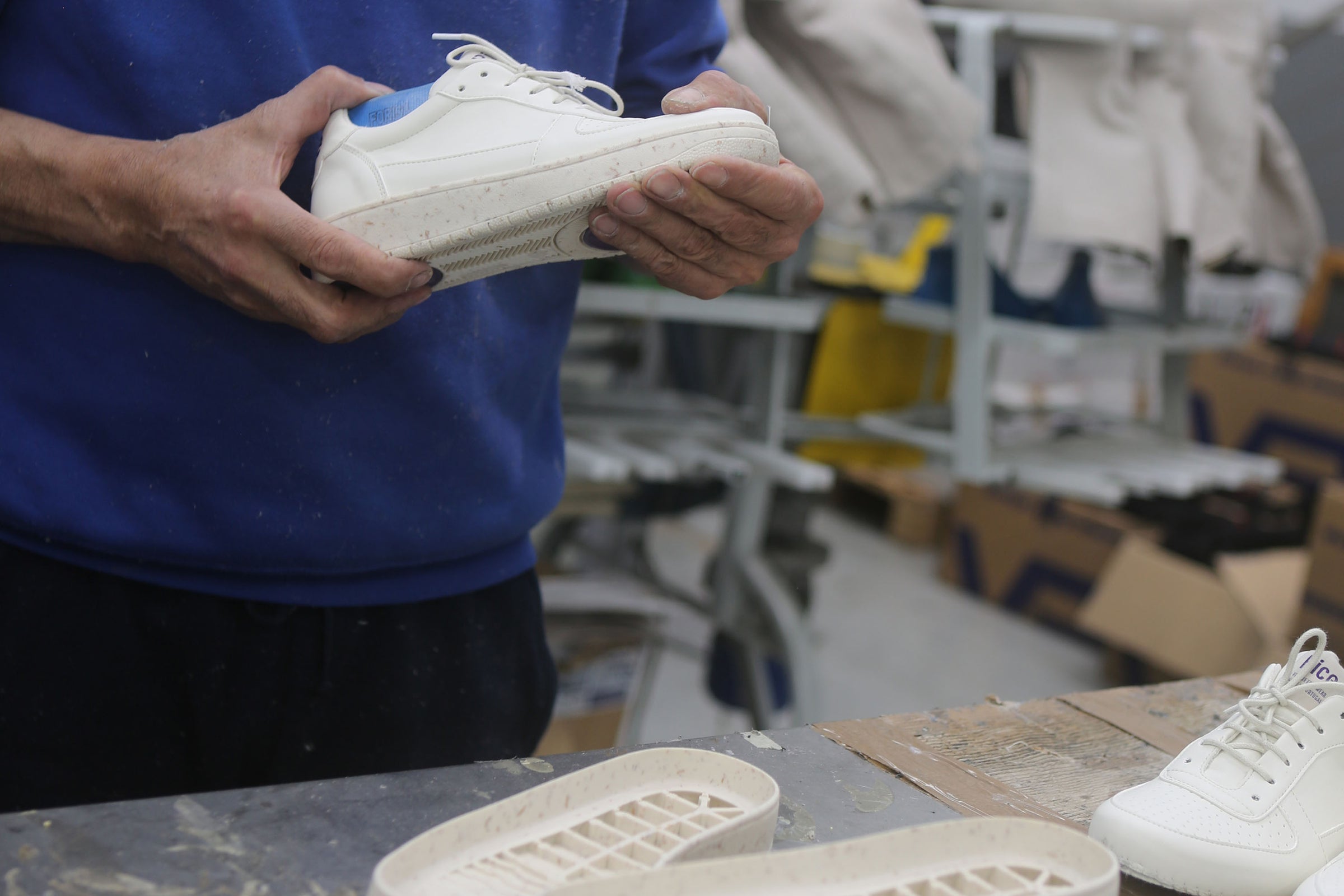Recycling & Upcycling
Our modern RICE sneakers are made from recycled, upcycled, and bio-based materials. Our two main focuses are — environmental protection and resource conservation.
By using waste from the European food industry, we repurpose valuable materials and give them a new life. We use only waste products and ensure that all our materials are sourced 100% from Europe. To maximize the use of available materials, our producers employ a low-waste cutting technique. Additionally, the waste from the cutting process of the sole is melted down and reused.
Upper/ Vegan Leather
47 % Corn waste based BIO PU (Italy)
33 % PU
20 % Organic Cotton
Outsole
5 % Rice waste from Spain (Paella rice from Spain)
50 % BIO TPU
45 % Recycled Material (like Coffee, Corn etc.)
Insole
30 % Recycled Material (like Coffee, Corn etc.)
15 % Rice waste (Paella rice from Spain)
55 % SEBS (synthetic rubber)
Laces/Label
Organic cotton
Recycled plastic cup
Inner Lining
Organic cotton
RICE places great importance on the conscious selection of suppliers and manufacturers. We only work with partners who share our values.
Therefore, we are particularly proud that our Spanish sole supplier holds the “Global Recycled Standard”certificate in addition to numerous national and international certifications. The Global Recycled Standard (GRS) is a crucial certificate for sustainable recycling practices, setting strict requirements for the processing, content, and traceability of recycled materials. It plays a significant role in promoting the circular economy and reducing environmental impacts.
Not only in the sole but also in the fabrics, we rely on globally recognized certifications. To minimize environmental impact from chemicals, we use only GOTS certified fabrics for our entire lining.
With this certificate, we guarantee that our RICE shoe inlay is not treated or dyed with harmful chemicals.
In the world of consumption, we steer clear of excess sales by producing in smaller quantities. You can frequently see that some sizes are sold out, but thankfully, our production partner allows us a couple of weeks to restock. This approach avoids overproduction, which often results in items ending up on sale or in the garbage.
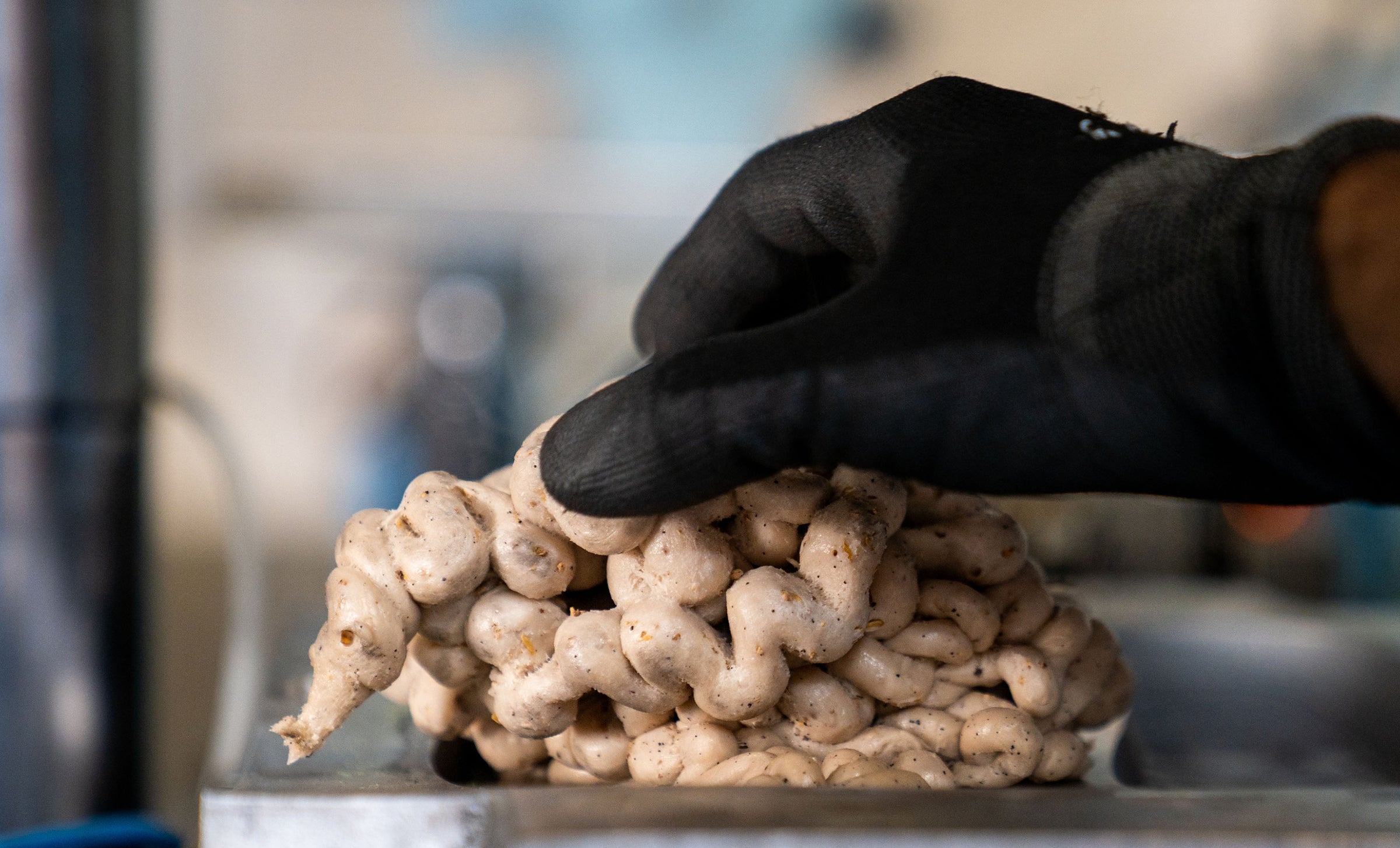
CO2 Savings
We aim for a greener future! At RICE, we rely on solar energy, manual labor, and short transportation routes for both our shoes and soles production.
Our partners use the inexhaustible source of the sun: 100% of the sole production process relies on solar energy, and at least 50% of the entire shoe is finished via photovoltaic. This helps us conserve the environment and reduce our reliance on fossil fuels. The steps that cannot be carried out with solar-powered machines are crafted through traditional manual labor.
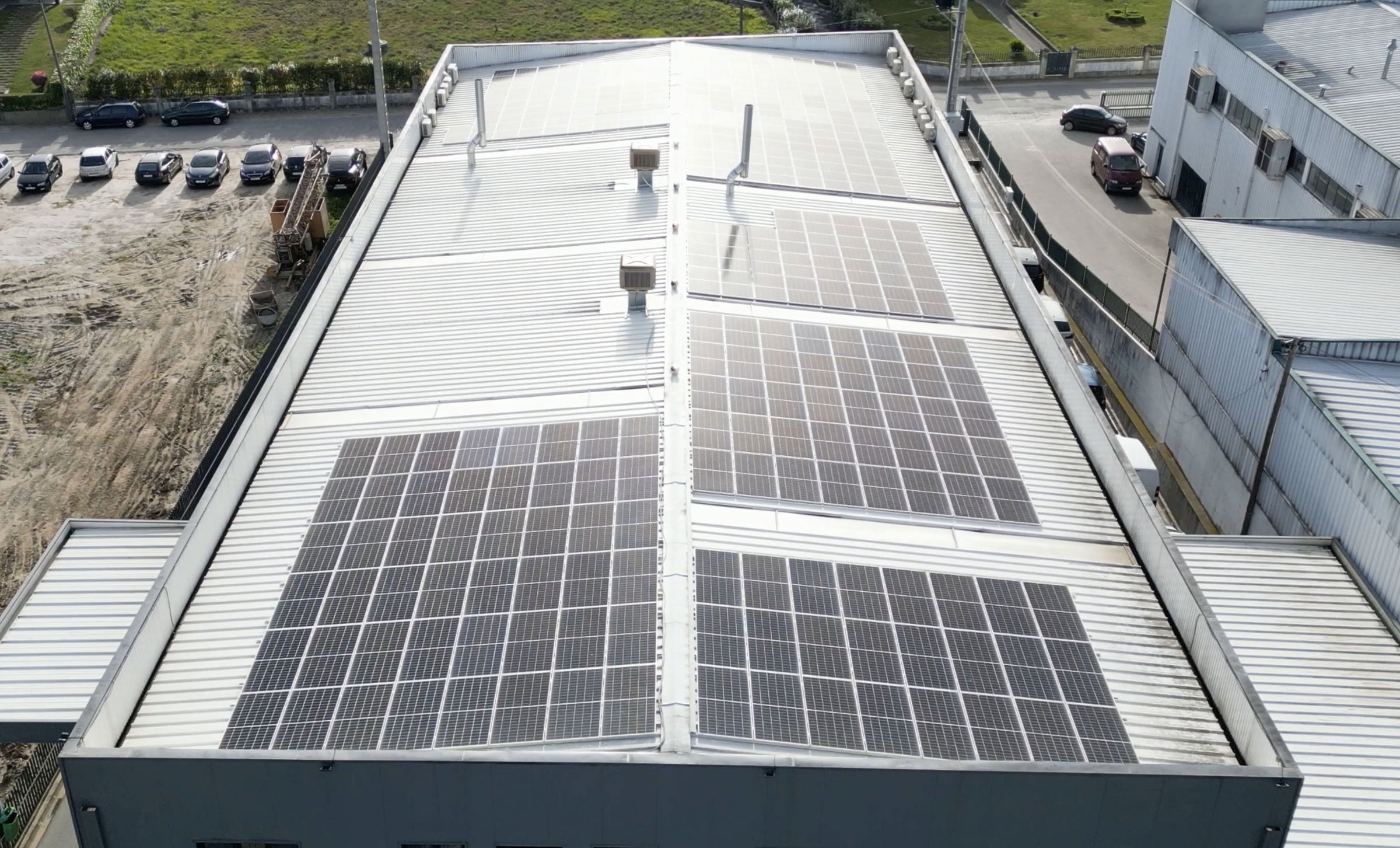
To further strengthen the local value chain and keep our CO2 footprint low, the rice waste for our RICE sneaker soles comes from a rice farm only 40 km away. The durable corn leather (Coronet) is sourced from Northern Italy.
We have identified areas with the highest emissions and are working along the entire production chain to minimize our carbon footprint as much as possible. Since this approach requires constant adjustments, we review our processes every 2 years to ensure we make our shoes as sustainable as possible. If necessary, we make appropriate adjustments to meet this dynamic process.
WASTE
Our planet is dear to us, and it is clear that the fashion industry, in particular, must pay attention to waste production. Together with our producers, we have negotiated short production and delivery times, allowing us to reorder according to your needs. This ensures that manufactured products do not unnecessarily linger in warehouses and potentially remain unsold, leading to waste and disposal.
We are actively working to launch „Give back“ boxes in stores next year. This way, our customers will be actively involved in the recycling process. The worn sneakers will be returned to our sole supplier, separated from the shoe, and melted down again. This gives the old sole another turn to walk the streets of this world. We aim for a „closed-loop system“ to save even more resources, emissions, and waste. A definite win for our planet.
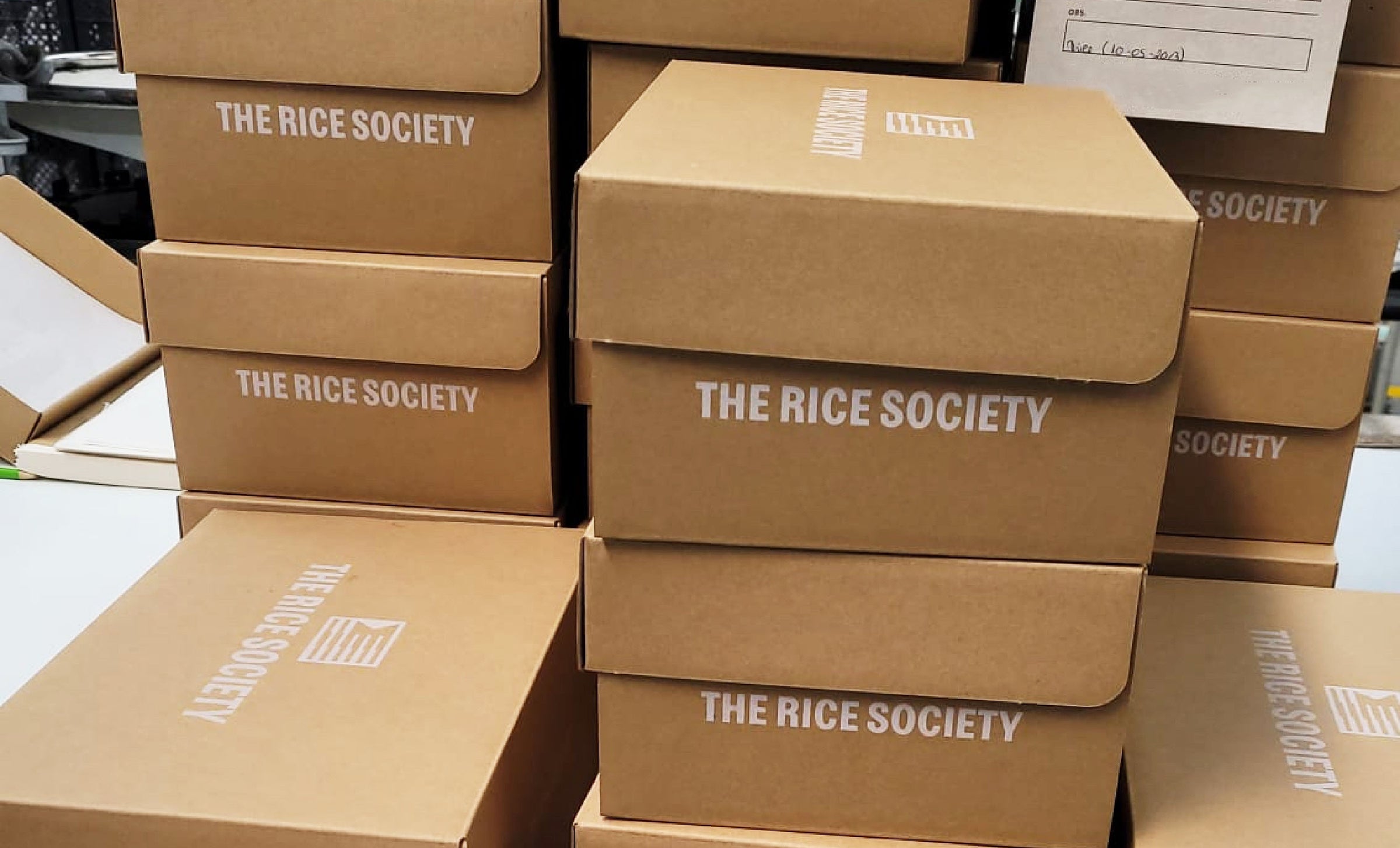
Sustainable Packaging
Although we cannot completely eliminate packaging waste, we continuously search for innovative and sustainable solutions at RICE. Our shoe boxes are already cleverly designed to be plastic-free, without compromising on the best possible protection for your shoes. The shoe boxes are tailored to the shoe size, saving a lot of cardboard and filler material.
In our logistics center, we also focus on resource conservation and reuse shipping boxes multiple times.
Our vision, with your support, is to switch to completely reusable packaging by 2024 — step by step to a better future.
GREEN is our favourite color alongside purple, so we exclusively use DHL go Green for shipping RICE shoes. This actively reduces CO2 emissions for our transportation routes.
Making of Open21
We carefully select our suppliers and manufacturers to ensure that our products are made under fair conditions in Portugal and Spain. Our sole supplier in Spain is particularly important to us, as it offers safe jobs with fair pay to women who have experienced domestic violence.
RICE employees are paid a living wage, and we support them annually with a dedicated budget for personal and professional development. We pay special attention to our interns, as we believe it is our duty to support them so they can enter the job market with self-efficacy and joy - compensation is, of course, in compliance with legal requirements. At RICE, we understand that a respectful and inclusive work atmosphere is the cornerstone of success and satisfaction
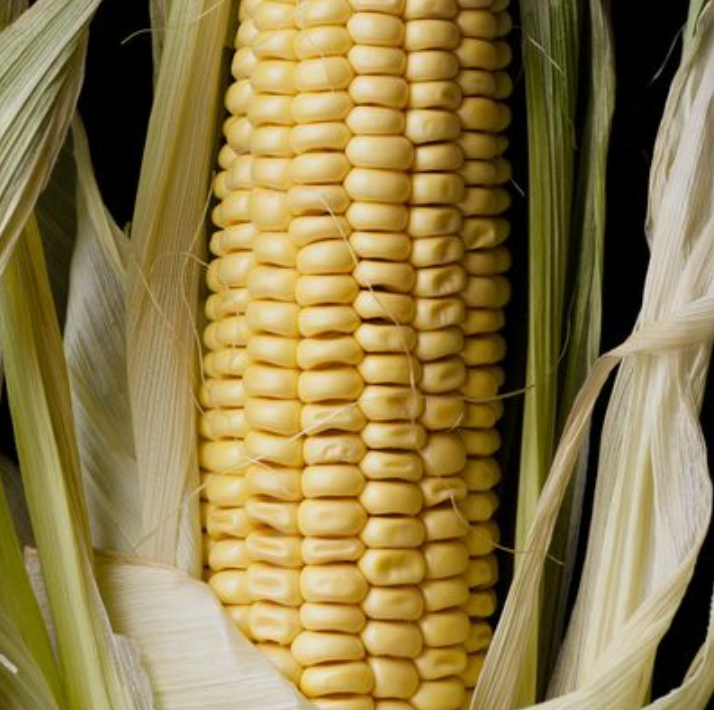
Corn leather is an environmentally friendly material made from corn waste, particularly corn leaves and stalks that would typically be discarded after harvesting. Corn leather not only reduces waste but also requires less water for production compared to traditional leather. Producing corn leather generally has a lower carbon footprint and fewer greenhouse gas emissions than conventional leather production. It is also biodegradable and breathable, offering comfort and flexibility. Corn leather is odor-free, versatile in color and texture, and hypoallergenic.
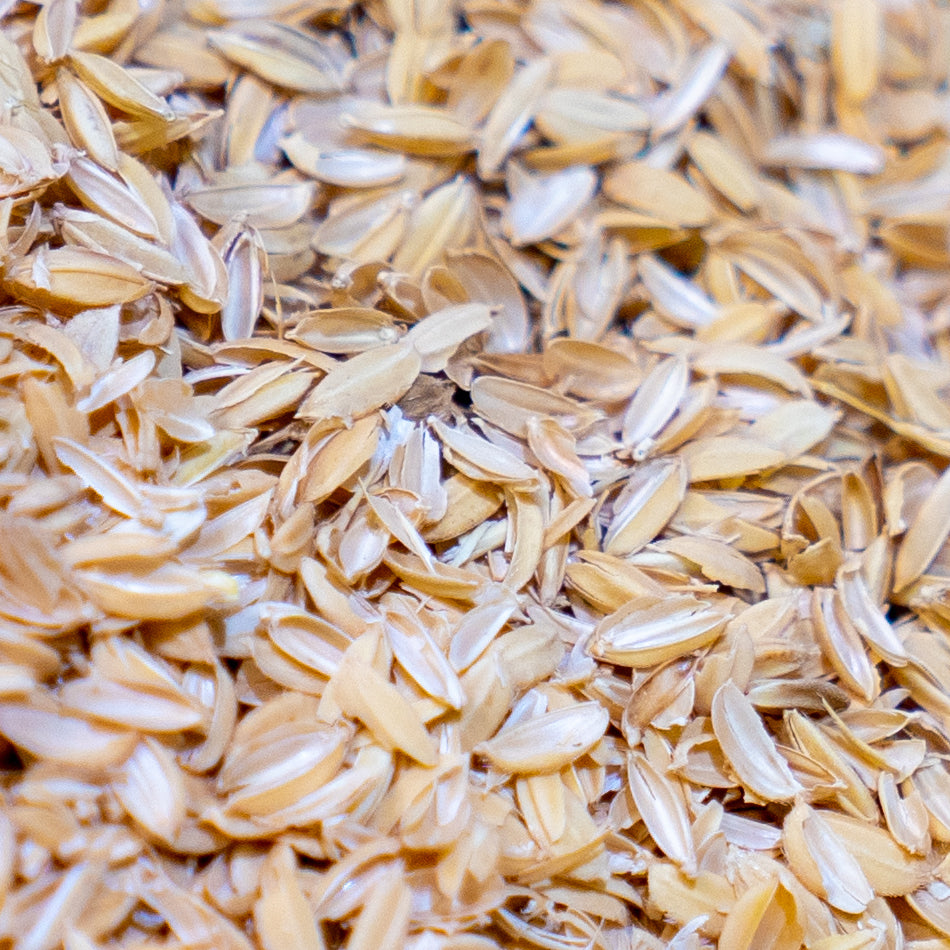
The production of shoe soles from rice hulls is an innovative approach to creating environmentally friendly and sustainable shoe components. The primary advantage of producing shoe soles from rice hulls is that it repurposes a waste product that would typically be discarded instead. This contributes to reducing environmental impact and promotes a more sustainable approach to shoe production.
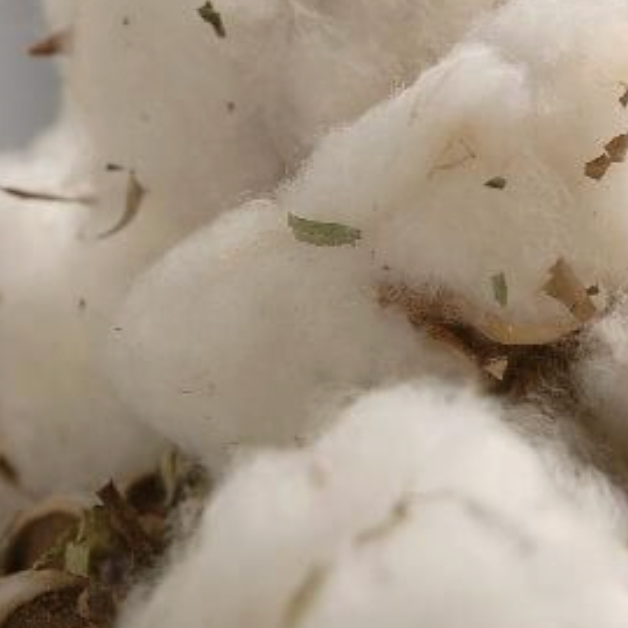
Organic cotton is an eco-friendly and sustainable cotton that is grown without genetically modified organisms (GMOs) and synthetic chemicals. It reduces environmental impacts, promotes water conservation, and enhances soil fertility. Organic cotton is certified (GOTS or OCS) and offers health benefits for consumers. Its cultivation supports fair working conditions and social responsibility for farmers. The increasing demand for organic cotton products reflects a growing awareness of environmentally conscious consumption and sustainable agriculture in the textile industry.
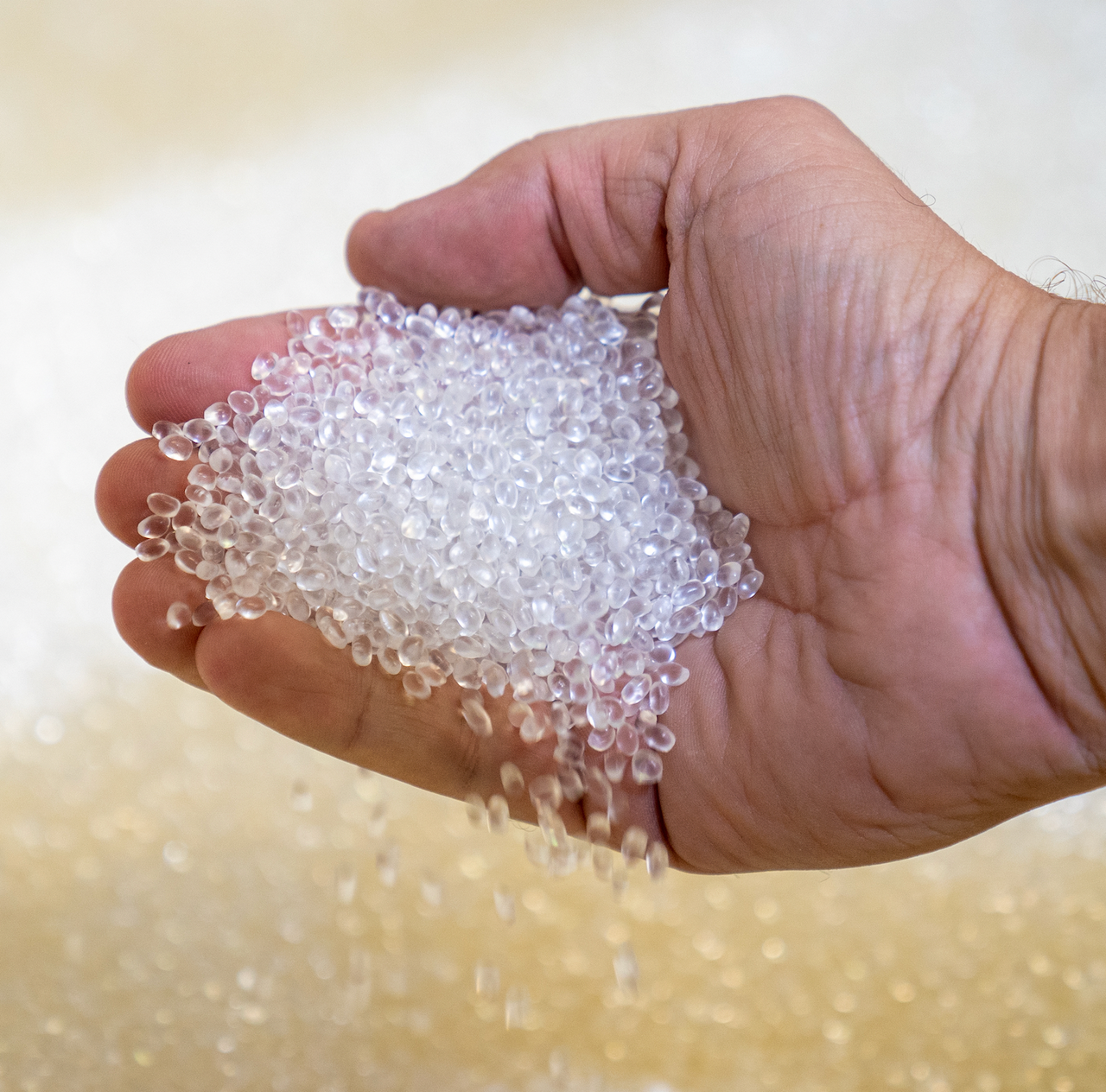
Recycled TPR (Thermoplastic Rubber) is a material made from recycled thermoplastic rubber. It consists of a blend of recycled thermoplastic plastics and rubber waste. This recycling process aims to reuse rubber materials that would typically end up as waste and incorporate them into new products. The benefits of recycled TPR are diverse:
- Environmental Friendliness: Recycled TPR utilizes existing rubber products and plastic waste, reducing waste quantities and relieving landfills.
- Resource Conservation: Reuse requires fewer new raw materials.
- Energy Savings: The production of recycled TPR requires less energy.
- Reusability: Encourages a circular economy.
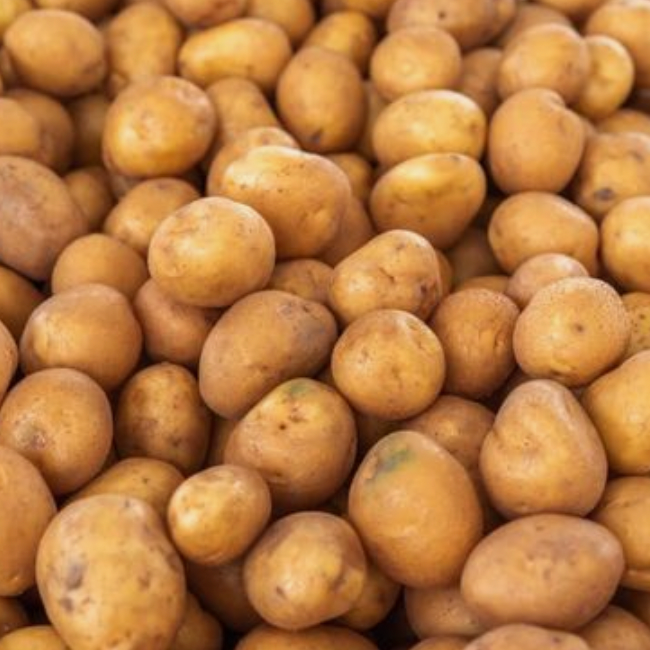
Potatoes are a natural, renewable resource. The primary component in potatoes used for making shoe soles is starch. Starch is a polysaccharide stored in potatoes in the form of starch granules. Starch is extracted by grinding the potatoes and subsequent washing, removing most of the water, fibers, and other unwanted components of the potatoes to obtain a pure starch source. Potato starch is used in sole production to replace parts of plasticizers with "bio-based plastic." Using potato starch in shoe sole production helps reduce the need for non-renewable materials like plastics, thus reducing environmental impact.

